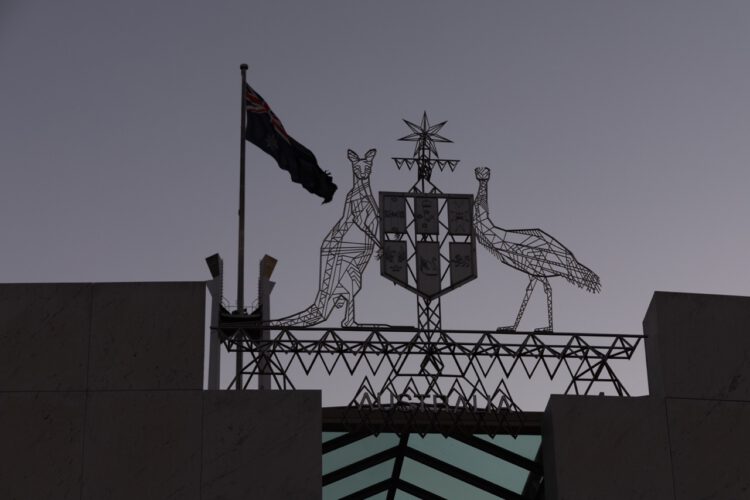For longtime followers of Auspol, you may know about the subject list war occurring between certain MPs when it comes to their transcripts.
Sussan Ley’s office started it – the subject list for her transcripts started reading like a Coalition PR wet dream, so up to the plate stepped WA Labor MP Patrick Gorman, who took Ley’s challenge and turned it to 11.
Today’s is no exception:
Subjects: Parliament has important choices this sitting week that could build Australia’s future; the Liberals would take Australia backwards; the Albanese Government is Strengthening Medicare; delivering more support for women’s health; supporting the industries of Australia’ future with Critical Minerals Production Tax Credits; keeping the National Broadband Network in the hands of the Australian people; getting affordable food to Australians in remote communities; Closing the Gap; supporting lifelong learning and the opportunities it brings; Peter Dutton’s plan for $1.6 billion on long lunches is a stinker; Jordan Mailata and the US Super Bowl.
